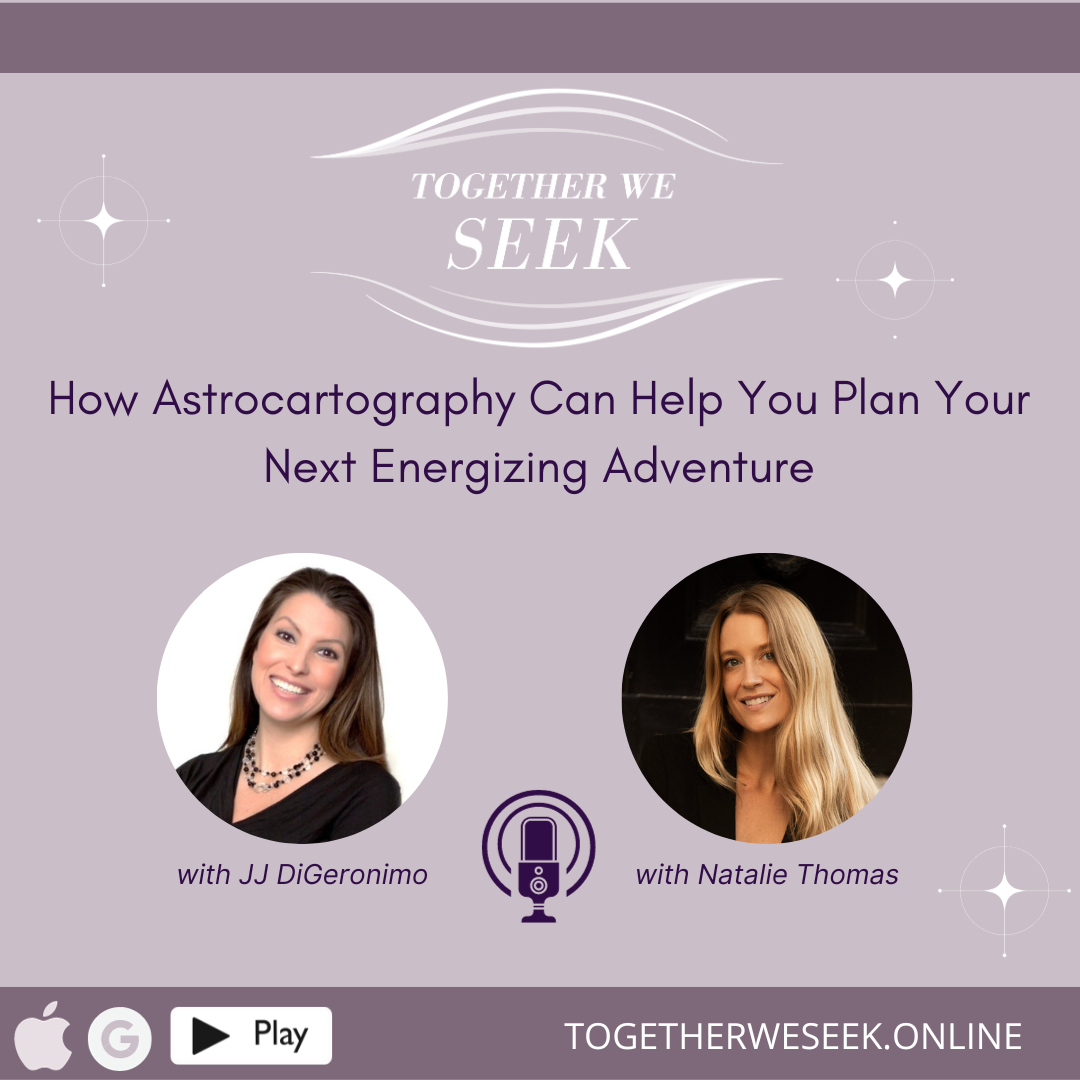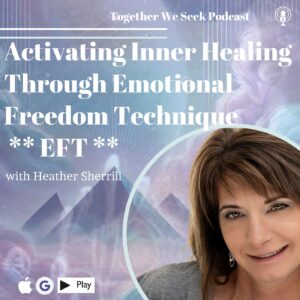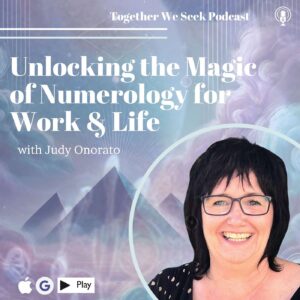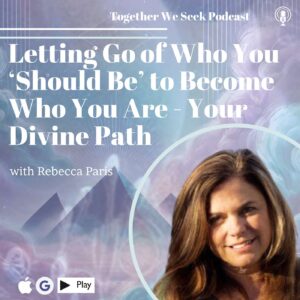Guest Post by Cathy Posner Having the “right tools for the right job” is important. Quite often I am asked questions like, “do I need a one-page or two-page resume?” Or, “how important is LinkedIn?” Based on those questions—and many others–, I’ve put together a list of primary “tools” you’ll want at the ready for every just-in-case situation, whether it’s an unexpected next job opportunity, a promotion, an invitation to speak, or a board position you’re considering. Below, are 6 of the “tools” you’ll want to have in your career “toolbox”…
1) Resume(s)
- Two-page documents are standard today, almost without exception. One page makes you look thin (and not in a good way) and doesn’t adequately convey your professional “story.”
- What are the exceptions? Networking events and other non-job seeking events but make it clear it’s a shortened document by naming it, “Career Highlights” or “Select Professional Achievements.”
- “Hybrid” format is considered most common now, which is a merging of reverse chronology and functional resume formats. Google “hybrid resumes” and you will see the basic outline of what the Hybrid version contains.
- Currently, the most effective resume formats contain a descriptive section at the top called a Career Profile or Qualifications Summary. This section will provide enough information about your excellent traits and skills that the reader gets a good overview of who you are without reading further. Above the fold content on the first page counts the most.
- My recommended fonts are Helvetica for contemporary resume layouts and Book Antigua for more traditional layouts (center justified). Those two fonts are easily read and provide a bit of “pop” off the page.
- You will also want to have a few different versions of your resume for different uses and audiences.
2) LinkedIn Profile
- LinkedIn is even more relevant today than it was 5 years ago. It is the professional Facebook and represents your best professional self to the professional world.
- Content should be geared to “brand” you in a similar fashion as your resume, but reader attention spans are even shorter when reading LinkedIn profile information. Bear that in mind and only include short overviews and best accomplishments/career highlights. Like the Profile section of your resume, try to include enough information that the reader understands your “story.”
- Explore some of the best features of LinkedIn including smaller, more relevant to your profession groups and the Jobs portal; both offer great resources and outlets to build your “brand.”
- Here is a link to a great online article that highlights changes that will make your profile stronger and more findable- http://www.entrepreneur.com/article/231750
3) Brag Book
- Collect and keep things that feature your best professional self– reviews, press, project samples, letters from satisfied clients or customers—and bring those samples that represent the best you to interviews. This tool can often give you a “leg up” on the competition but also serves as a nice collection on the days when you’re not feeling your professional best. The collection will remind you of your accomplishments.
4) Professional Bio
- You never know when you will be asked to speak, present a workshop, be nominated for an award, etc. and you want to be ready.
- Be prepared with long (one to one and a half pages) and short versions (two to three paragraphs) of your professional bio.
- There are a variety of ways you can present your history but the two most common are organized chronologically or with a thematic presentation.
5) Mentor
- It is so very important to have someone who can give you subjective advice and feedback while still knowing your personality.
- Ideally, this person will be ahead of you on her career path and understand your goals; take time to build a meaningful relationship with this person and the payoff will be big!
6) A Champion
- This person is a peer or colleague or acquaintance who is out in the community saying good things about the good work you do, especially when you’re not there. S/he is your best promoter. This relationship can’t be manufactured but comes from the time you spend out in your professional community, networking and building authentic relationships. Pay it forward by talking about the people whose work you believe in!
Let me know if I can assist you in creating your Career Toolbox! I am here to help. Cathy Posner, Owner and Career and Transition Coach Transition Consulting and Coaching www.transitionconsultingandcoaching.com www.transitionconsultingandcoaching.com [email protected]






